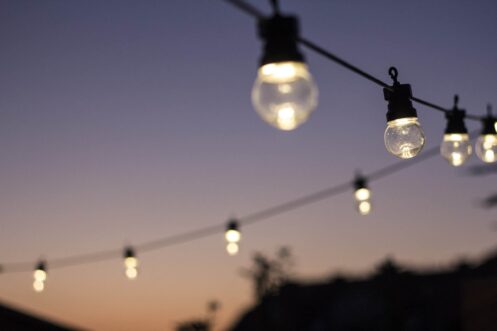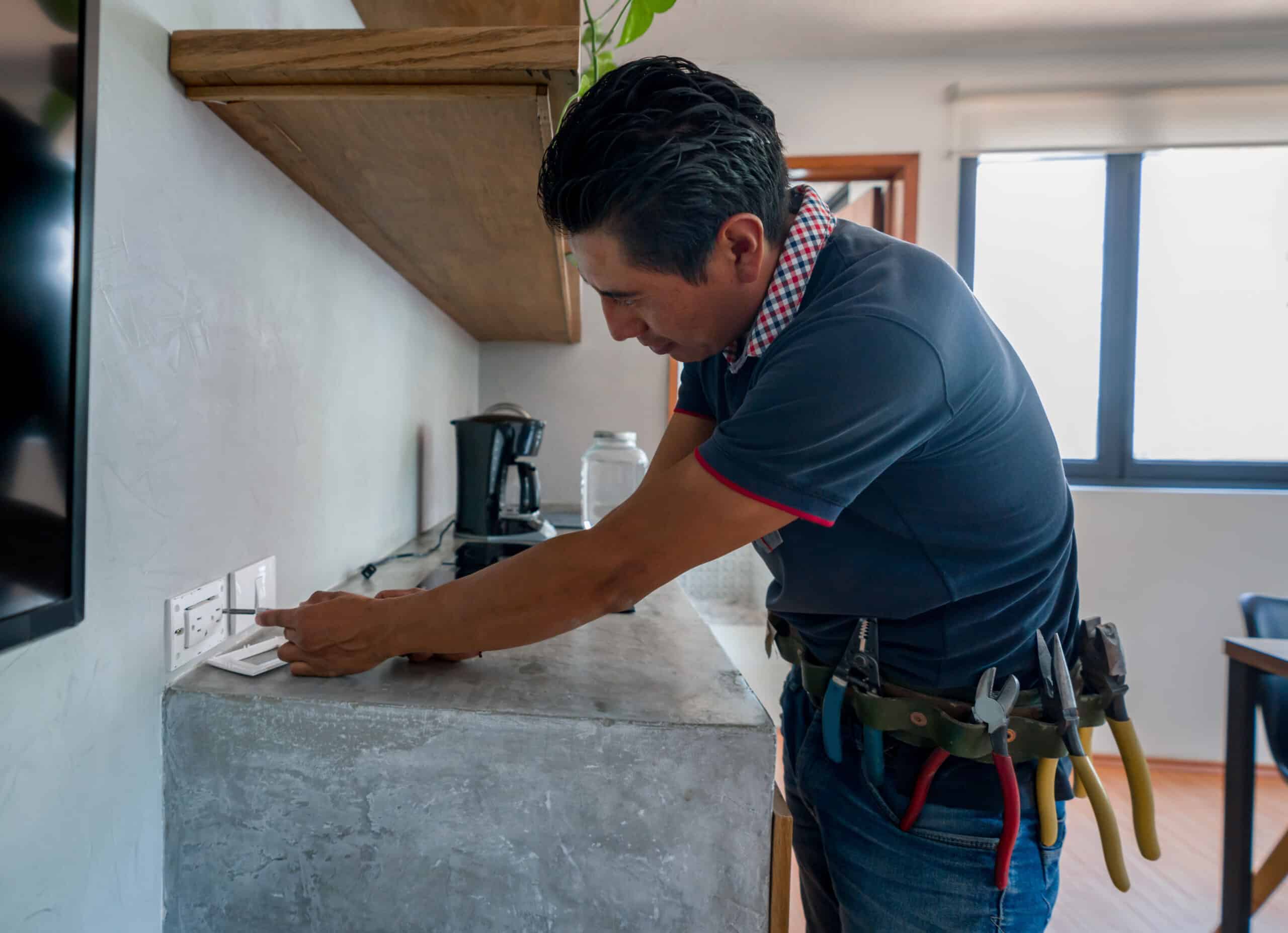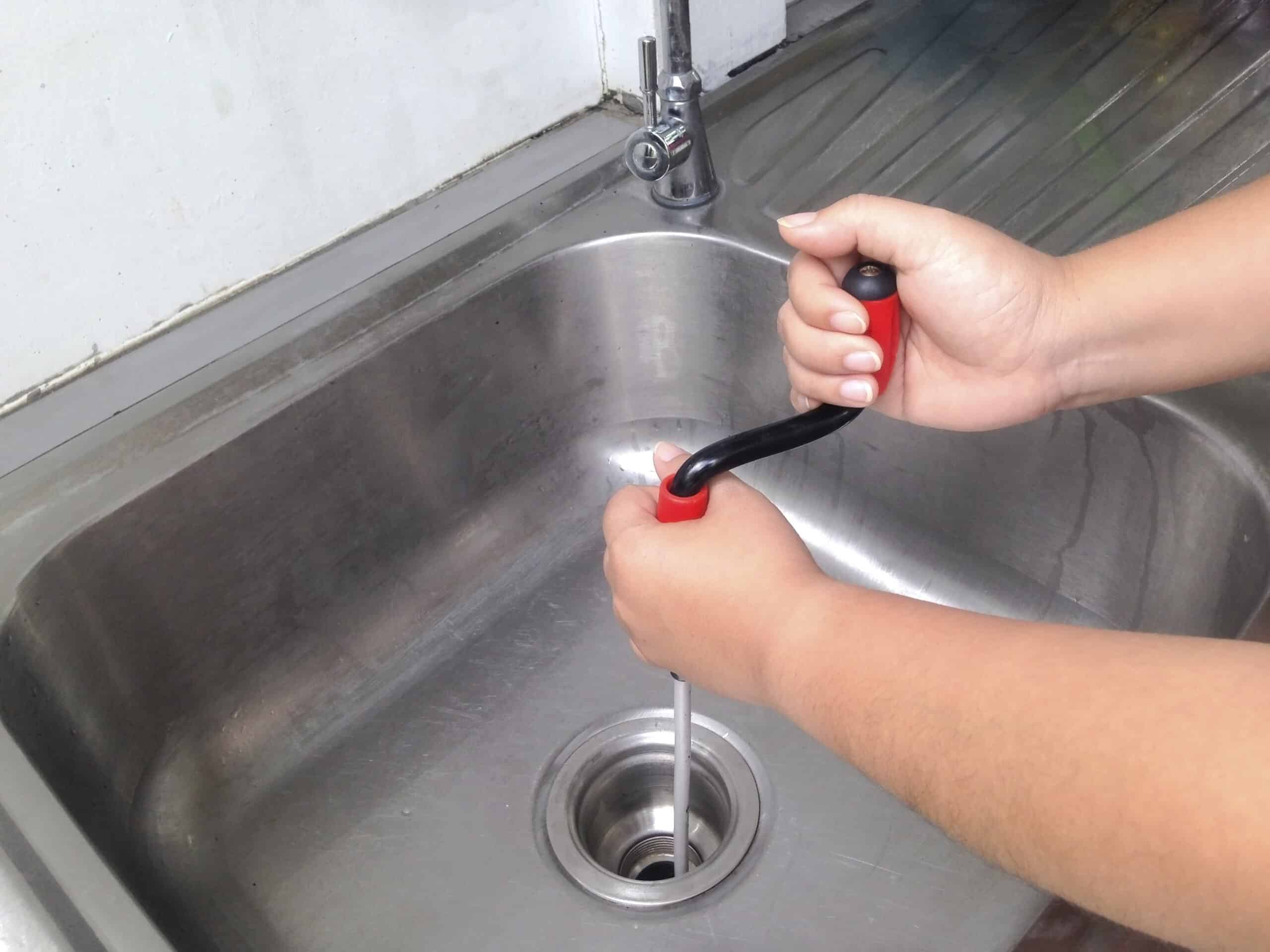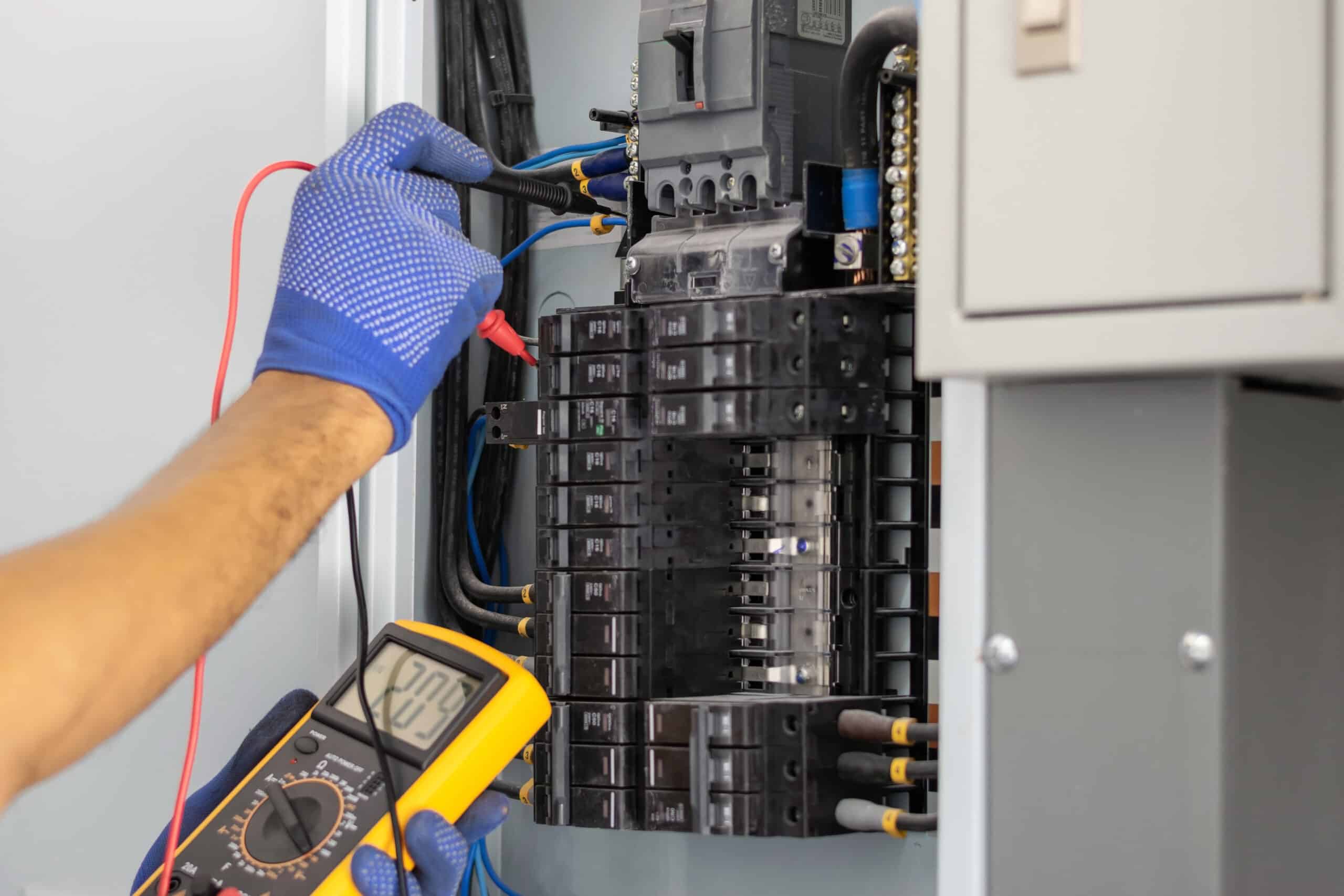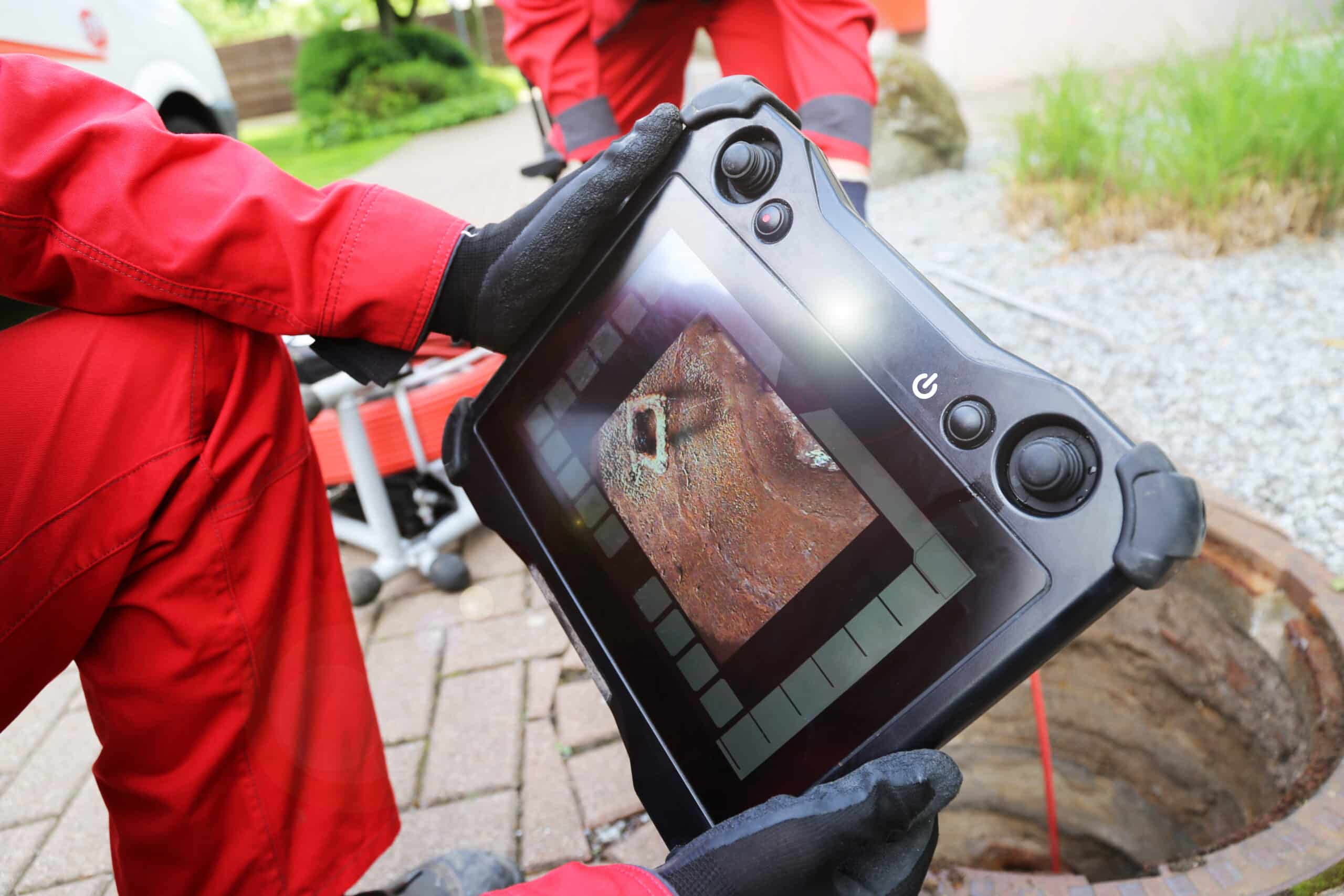LED bulb flickering is a common problem in households all over the world. Though the lights may seem like a minor annoyance in Wichita, they can become frustrating at times. The flickering lights may even be a sign of a larger, more serious problem. It is always a good practice to keep on top of lights that are flickering to prevent further issues from surfacing. When in doubt, seek out the assistance of a professional electrician.
Here are five reasons your lights could be flickering:
Loose Connection
When light is flickering, you should check the bulb’s connection to the fixture. If the bulb is screwed into place, the connection to the power supply might not be complete. The bulb may have shifted out of connection for some reason. Either way, be sure to remove the bulb and replace it to see if that solves the issue. If not, continue troubleshooting.
Faulty Bulb
Another common issue causing flickering lights lies in the bulb itself. As with all household appliances, light bulbs have a lifespan. Some bulbs last longer than others. For instance, incandescent bulbs are prone to wear out or burn out completely.
This could be the cause of intermittent flickering. LED bulbs have this issue less frequently and last longer, but it may be prudent to test the bulb on another light fixture to rule out the bulb’s faultiness. Also, check to see that the voltage of the bulb matches that of the fixture it is being used in, as incompatibility may also cause flickering issues.
Faulty Fixture
Sometimes, the problem comes from the lighting fixture itself. As with bulbs, lighting fixtures can wear down over time. This is particularly likely when you use the fixture often and for long periods. The issue occurs because of a breakdown in the connections or wiring within the fixture, which can lead to the bulb flickering.
To test this, you can remove the bulb in the problem fixture and test it on another fixture in the home. If the bulb works as it should, the issue may be the fixture itself. If this is the case, be sure to check the wiring of the fixture to make sure all of the connections are intact and solid. This may require an electrician to check because most homeowners do not have experience working with electrical components.
Although checking the wiring to a fixture may seem simple, it’s something you should leave for a qualified electrician. As with all electrical work, there is a risk of shock that comes with examining fixtures.
Faulty Switches
Many times, when the problem has been proven not to lie with the bulb or fixture, the switch can be to blame. Faulty connections or an incompatibility with the fixture and bulb can be the cause of flickering. Typically, this issue shows up when a home’s bulbs change from incandescent to LED. Your upgrade could be the reason behind your lighting issues.
If this is the reason, the switches you have may not be compatible with the upgraded bulbs. If the switch and bulb are compatible, check the switch by wiggling it to see if that causes a flicker. The switch or its wiring may be faulty and the cause of the intermittent flickering.
If you want to verify this, you can check the wiring of the switch to make sure all connections are correct and that there are no loose connections. This may require a professional to avoid any mistakes or injuries. Once again, you need to be careful when working with live wires. You should also be sure to use a professional for house lights installation to prevent this issue.
Overloaded Circuit
People often overlook the actual circuit. Depending on the situation, you might not have any issues with the light or the fixture. The circuit itself could be overloaded by other lights or household appliances if you use them at the same time. Be sure to check what circuit the problem light is running on, and identify other devices or appliances that are running on this circuit at the time of flickering.
If it seems that the circuit is the issue, make a call to a professional electrician. They can help troubleshoot issues with the circuits in your home and advise you on the best course of action. With their help, you can prevent further circuit overloads in the future.
In older homes, overloaded circuits are a common occurrence. Years ago, homes didn’t need as much power as they need today. It might be time to completely upgrade your electrical panel. Fortunately, we can help you do just that.
Frequently Asked Questions
Should I worry if my lights flicker?
Although flickering lights might not be serious, you should still call an electrician. First, you can look at the causes above and try to determine if the issue lies either in the bulb, the fixture, the switch, or the wiring. All of these issues have easy fixes and shouldn’t require too much time or money to fix. The causes of light bulb flickering are often simple.
That being said, you should never just ignore it because there’s a chance there is a deeper, more complex issue. Don’t hesitate to call an electrician, especially if you have multiple lights flickering in the house.
How do I stop my LED bulbs from flickering?
The main cause of bulb flickering is an issue with the switch. People often leave dimmer switches in place when they transition from incandescent to LED bulbs, and they may not be compatible with the upgraded bulbs. Check to see that the bulb and switch are compatible with each other. Fortunately, this is an easy fix.
What are some of the danger signs of an electrical overload?
There are many warning signs of an overload to your home’s electrical system. As previously mentioned, flickering lights may be a symptom of an overloaded system. Tripped breakers in your circuit breaker also indicate an overload, especially when you experience frequent trips. In extreme cases, cords, sockets, or outlets may seem warm or discolored, and may be accompanied by a crackling or buzzing sound.
If you have LED bulb flickering in Wichita, contact an electrical professional immediately to help diagnose and solve the issue. Call us at Eck Services for assistance and electrical lighting repair.
Follow our Facebook page for more updates.



